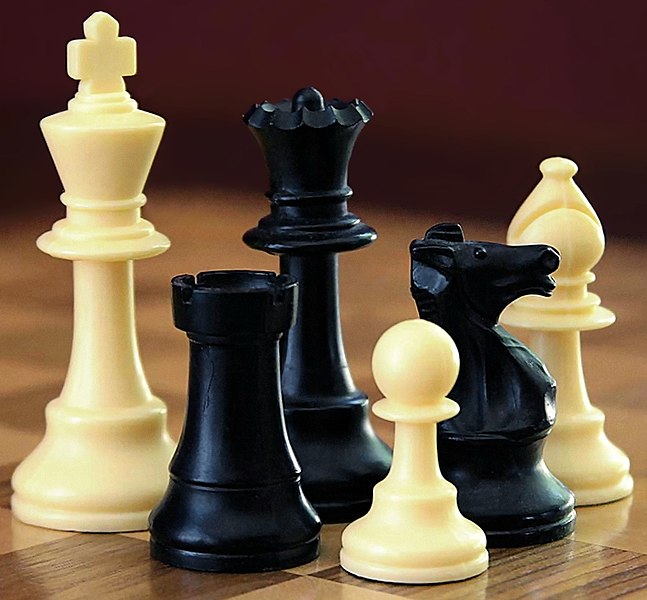The World is in a Chess Match
The world is in a chess match.
With the invasion of Ukraine in 2020 polarizing global superpowers, international politics have continued to intensify. Earlier this month, tensions between the U.S. and China flared as the two nations accused each other of improper airspace surveillance–most notably China’s “ballooning” on U.S. airspace. Then, while China and the U.S. deliberated over spying accusations, Russia encroached on Moldovan-NATO relations, sparking concern for other eastern European nations.
“I invited President Biden to pay a visit to our country,” Moldovan President Maia Sandu wrote on Facebook. Given the timing, Biden was likely brought in for reasons surrounding Sandu’s claims of Russia wanting to destabilize the Moldovan democracy, a system in a country highly dependent on Russian gas, and overthrow Moldova’s current leadership. Moscow has since denied these accusations.
Additionally, Xi Jinping of China invited Belarusian President Alexander Lukashenko to hold talks on economic policy. Lukshenko, one of Moscow’s closest allies, opened his country for Russian troops to begin their initial assault on Ukraine. Lukashenko’s visit to China was troublesome, as tensions between the U.S. and China have intensified within the past few weeks for a smattering of reasons.
The U.S. believes China wants to fuel Russia’s struggling war effort. The country has refuted such claims, stating China is “actively promoting peace talks and the political settlement of the crisis” while the U.S. is “pouring lethal weapons into the battlefield in Ukraine.”
This news comes just after China produced a proposal for ending aggressions in Ukraine, which has been viewed as a diplomatic effort aimed to make China the mediator. Nonetheless, Lukashenko’s visit and China’s planned meeting with Putin contradicts the country’s effort.
“Lukashenko just met with Putin, and he can no doubt act as a messenger between China and Russia,” Associate Professor at the Center for Russian Studies at East China Normal University in Shanghai Wan Qingsong said to The Washington Post. “But like China, Belarus is also trying to show the world that it doesn’t want to be tied up with Russia and is ready to play a bigger role as a mediator.”
History seems to suggest that compounding alliances are portents of global conflict. These new developments will likely have a significant effect on the aftermath of the war in Ukraine.



